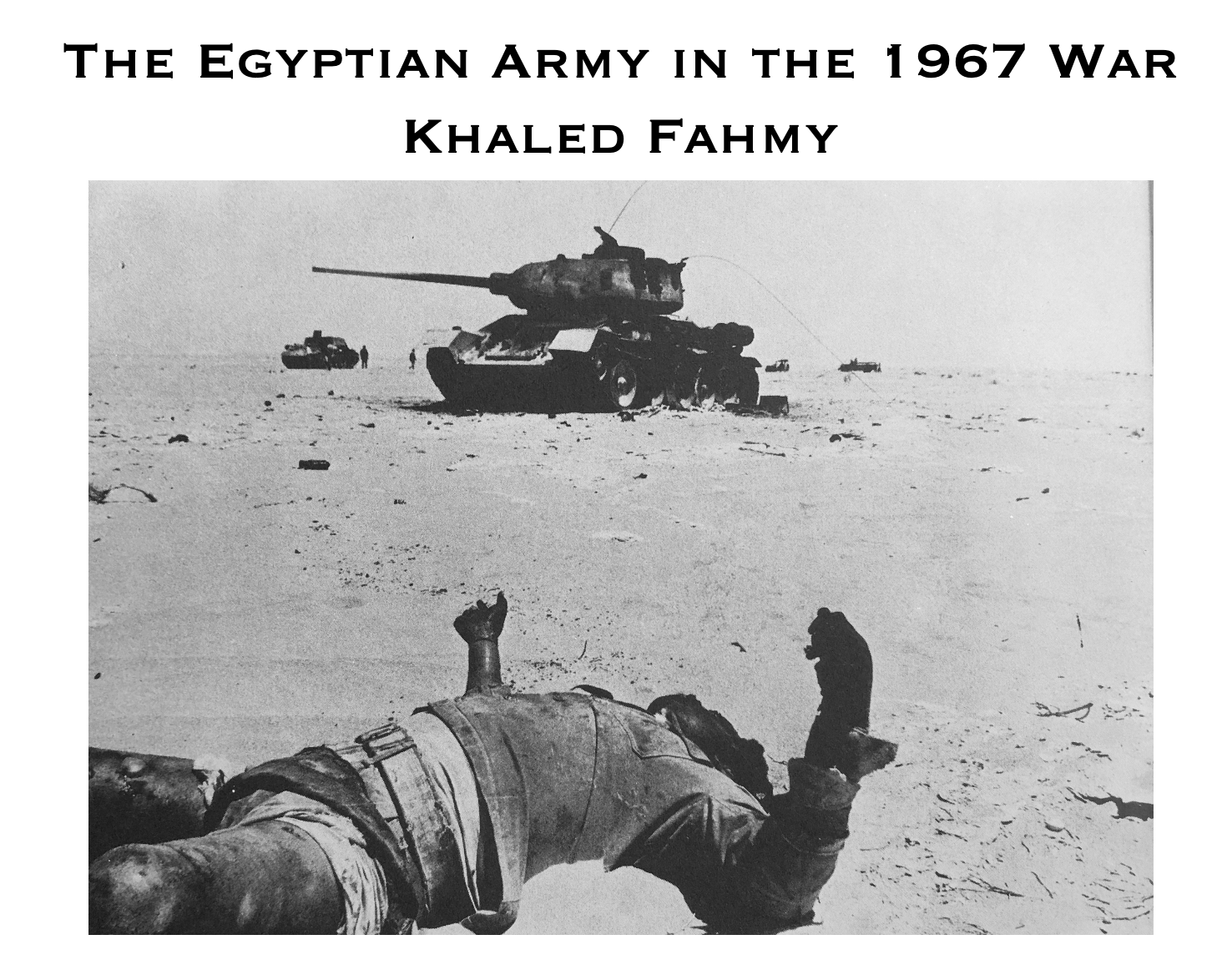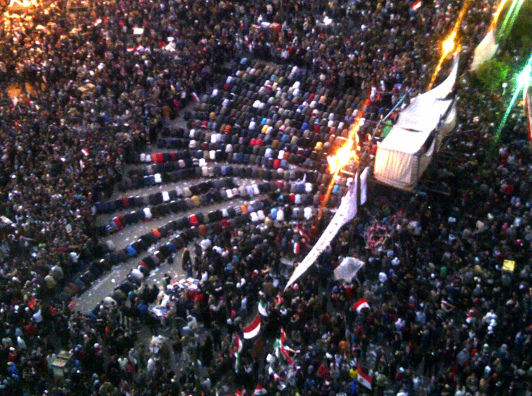Tag: Arab-Israeli conflict
A lecture delivered on 6 May 2020 in the EUME BERLINER SEMINAR The Six-Day War of 1967 is a pivotal event in the modern history of the Middle East, and its ripple effects continue to shape events in the different countries of the region to the present day. Of all the belligerent countries that participated in this war, Egypt was the most deeply affected. The war left 10,000 dead, one tenth of the fighting force, in addition to 15,000 wounded and captured. The entire Sinai Peninsula, 6% of Egypt’s total area, was lost. More than 80% of military materiel was…
2 CommentsAn interview with Sonja Zekri published originally in German in Suddeutsche Zeitungand then in Qantara.de on June 23, 2017 In interview with Sonja Zekri, Harvard-based Egyptian historian Khaled Fahmy describes the Arab defeat at the hands of Israel in the year 1967 as triggering the rise of Islamism It was a short war, just six days, yet during that time Israel destroyed the armed forces of Egypt, Jordan and Syria, captured the Sinai and the Gaza Strip from Egypt and occupied East Jerusalem, which up to that point had been part of Jordan. And that was only the military debacle. The political and cultural…
Leave a CommentPublished in Aeon on November 3, 2015 This is an historical perspective on the Arab Spring – particularly in Egypt, but generalisable to some extent to other Arab countries – from a historian by education and practice. A peculiar personal experience drew me from being another Egyptian protesting in Tahrir Square in Cairo to the state historian of the Egyptian revolution. Only one week after Hosni Mubarak stepped down as president, the head of the Egyptian National Archives together with the Minister of Culture appointed me as Chair of an official committee empowered to document the momentous popular uprising of…
Leave a Comment

